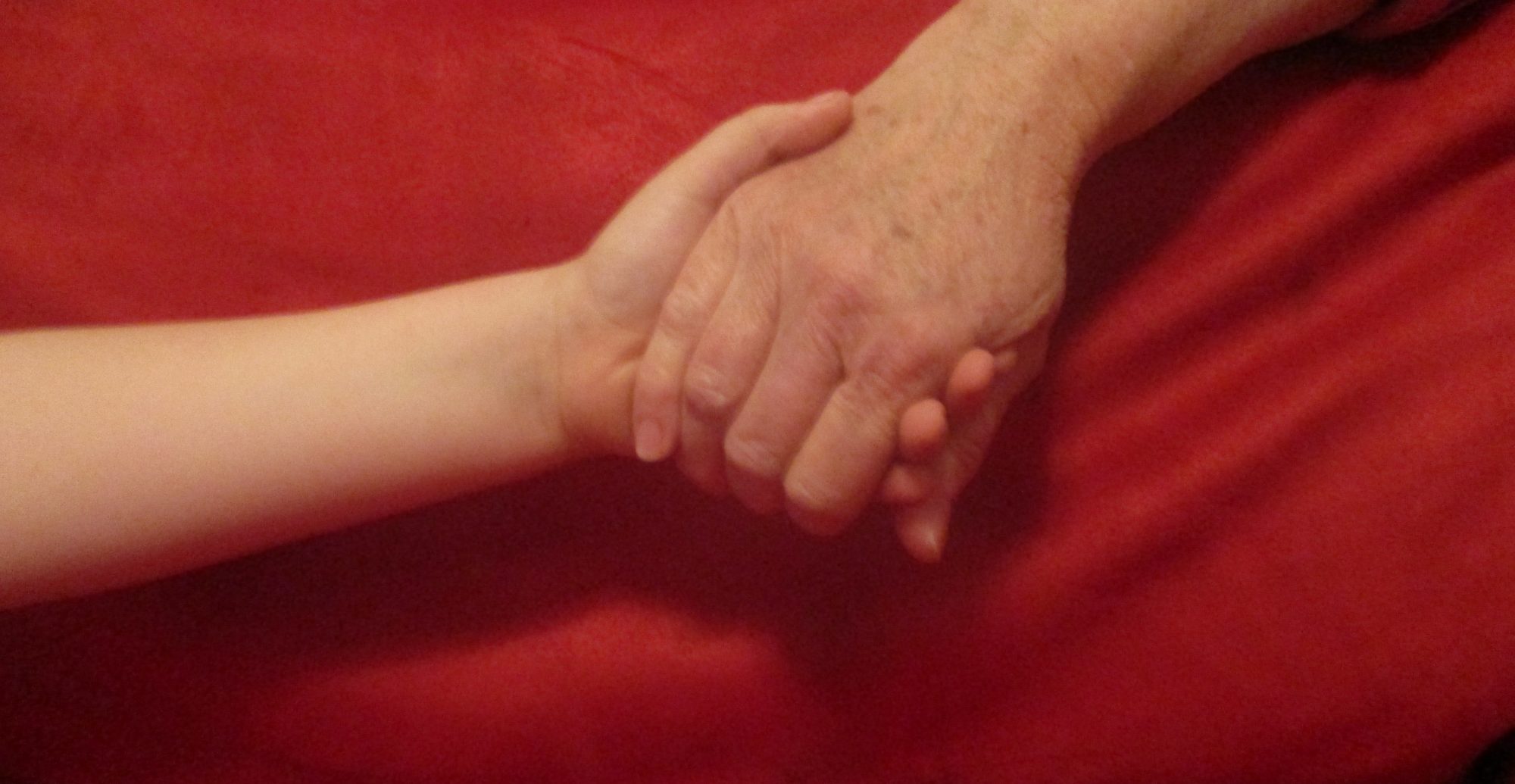Last year my seven year old grandson pulled a fire alarm at his school. Firetrucks were dispatched and minor panic followed. As a result the school was fined for a false alarm and my grandson was suspended from school for three days.
So what happens when your child is misbehaving at school or at home? How do you know what is normal and what is not? Where do you turn for help?
I am not a counselor or therapist. I urge you to always seek the help of appropriate professionals. I am merely offering my advice gleaned from my own experiences and research.
I would advise you to do a little research of your own on child development. It may be that the behavior that is driving you up the wall is perfectly normal for your child at their current age. For example it is normal for a two year old to try to assert her independence and be somewhat defiant, to a point, no matter how exasperating it may be.
Trust yourself though. This isn’t your first rodeo. If you feel something may be wrong, it probably is. Speak with others who interact with your grandchild, teachers, day care providers, Sunday School teachers etc.. If they confirm your feelings, or even if they don’t, it may be time to consult your pediatrician. He or she can then refer your grandchild for further evaluation. Your grandchild’s school may also be able to evaluate the child for any extra help they may need in school. A 504 or Individualized Educational Program (IEP) may be necessary.
There can be any number of underlying conditions that hinder your child’s ability to control their behavior. Attention Deficient Hyperactive Disorder (ADHD) affects about 5% of the population. Obsessive Compulsive Disorder (OCD) and Oppositional Defiant Disorder (ODD) can certainly make life difficult for you child. Children on the Autism Spectrum (ASD) experience a wide array of difficulties. These are just a few of the issues your grandchild could be dealing with.
There is one other area that is often overlooked in children that have come from dysfunctional backgrounds. Early Childhood Trauma can actual affect the neurological development of the brain of a child. Many of the symptoms of Early Childhood Trauma can mimic the symptoms of other disorders so that children may be misdiagnosed.
At first I wondered if it mattered what the source of the symptom was as long as it was being treated, but I do believe it matters. If you go to the doctor for an upper respiratory infection it makes a difference it is a bacterial or viral infection. The course of treatment would be different for each type of infection. If you expect to get well you would have to treat the root of the problem and not just the symptoms. I believe the same to be true with our children.
Once you have received a diagnosis, read about it, research it, learn all you can. It will be up to you to advocate for your grandchild with the school, medical professionals, case workers and any one else that comes into contact with your grandchild. The internet is an excellent source of information as can be the local library.
Remember the grandson that pulled the fire alarm? Well being suspended was not much of a deterrent for him. However the very unexpected loud bell that rang when he pulled the lever was. You see he wasn’t trying to be mischievous. He is on the autism spectrum and like others on the spectrum he can be very literal. It said pull, so he did. He wasn’t looking for firetrucks. He was hoping for candy.
